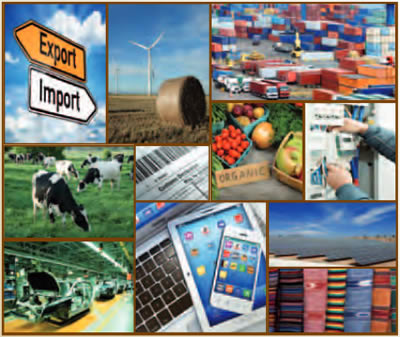The overall purpose of this project is to contribute to the effective participation and integration of developing countries in the global economy.
Effective participation in the global economy increasingly depends not only on lower tariffs and supportive policies but requires policy responses to various forms of complex non-tariff measures (NTMs) such as standards, sanitary and phytosanitary requirements, and behind the border regulations.
In spite of the relevance of these NTMs, there is still a large information and knowledge gap on their uses and effects.
This project aims to fill this gap by providing and disseminating information on various forms of NTMs and by generating knowledge on the implications of these measures for international trade and market access.
The project strategy relies on a set of more specific objectives, to:
-
Fill the information gap by collecting and classifying accurate, comprehensive and up-to-date NTMs data.
-
Translate such data into analytical research, policy messages and recommendations
-
Disseminate such information and knowledge to policymakers and other relevant stakeholders; ensuring data, information and analysis on NTMs is readily available in all developing countries.
The outcome of the project will have strong multiplier effects as it will also contribute to enhance the capabilities of local NTMs database management and researches to conduct further analysis so as to better understand and analyse the implication of NTMs on their domestic economies; encouraging collaboration between domestic researches and government officials; and providing a platform for South-South knowledge and experience sharing.
The capacity building component of the project will directly target trade practitioners in about 15 developing countries from the regions of Latin America, Sub-Saharan Africa and Asia. However, virtually all member States will benefit indirectly through the collected data and the research and analysis output.
Objective:
Increase the capacity of policy-makers in developing countries to address the implications of NTMs to improve export performance and integration in the global economy.
Activities:
-
Enhanced availability of data on NTM for the use of country officials, researchers and institutions
-
Enhanced awareness, knowledge and capacity of policy-makers in developing countries to analyse the effects of NTMs and to formulate effective policy responses using established NTM data platforms and improved analytical research and tools

